The Last Command
‘The Last Command’, despite being nearly 90 years old, remains an incredibly powerful film even to the most jaded modern eye. Indeed, its critique of the industrialised dream machine that was Hollywood in its silent heyday is as an asute attack as anything made on the subject since. Thanks to Emil Jannings powerhouse performance in the lead role, it’s also a very moving melodrama, looking in just the best shape possible on this incredible Blu-Ray edition. So you have half a dozen good reasons already to add this to the collection, or at the very least to the wish-list.
Jannings plays a once powerful military leader in Imperial Russia, now reduced to playing bit parts in Hollywood features which, back in the day, often featured a cast of hundreds, if not thousands of extras. The humiliation is doubled, if not trebled, when he finds himself being cast as a Russian Imperial General – a part to which he is mightily suited, despite his propensity to shake, brought on by the shock of his demise during the Russian revolution.
Worse still, it appears that the powerful and renowned director of the film, Leo Andreyev, is none other than a theatre director that he, Sergius Alexander, personally imprisoned pre-revolution, efore taking one of his leading actresses, the revolutionary Natalie Dabrova, as his lover. We’re never sure if Andreyev actually recognised Sergius from his photo, or just felt that he bore such a resemblance to a General he once knew that he immediately cast him in the role.
It’s a powerful opening for a film that then relies on the relatively sophisticated narrative form of flashback to then retrace the General’s steps before becoming the pitiful figure of fun he appears to be at the films’ start.
Directed by Josef von Sternberg, the Russian revolution was clearly a hot topic at the time, particularly with the influx of ex-imperial Russian emigres to America’s East and West coasts.
Despite being portrayed as a brutal and powerful General, we collectively come to admire the man for his brave principles, a fact that throws his would be assassin lover who, when given the opportunity to shoot him, just cannot bring herself to do it.
The story of his downfall is as melodramatically tragic as it could be with him being utterly humiliated before being given a way out by his revolutionary lover.
Jannings turns in a powerhouse performance as Sergius earning him the very first Oscar ever to be awarded as Best Actor for 1928. Wiliam Powell makes a nice foyle in the role of the once revolutionary Hollywood director.
The image quality of the film is first-class here clearly the result of some major restoration and it’s score (a pretty wild organ piece by Gaylord Carter) is perfect for the film.
Extra features abound, as you would expect from Eureka Masters of Cinema, with a video essay from Tony Rayns (30 minutes) which focuses initially on Sternberg before moving on to Emil Jannings and The Last Command itself.
A second video essay, ‘Sternberg till '29’ (35 minutes) by Tag Gallaher looks at three films, one of which is ‘The Last Command’.
Again, pretty standard for these excellent Eureka releases is a 32 page booklet with some excellent archival material from the time of the film’s release.
This is, as ever with Eureka, a really excellent edition of a top-notch film which is highly recommended.
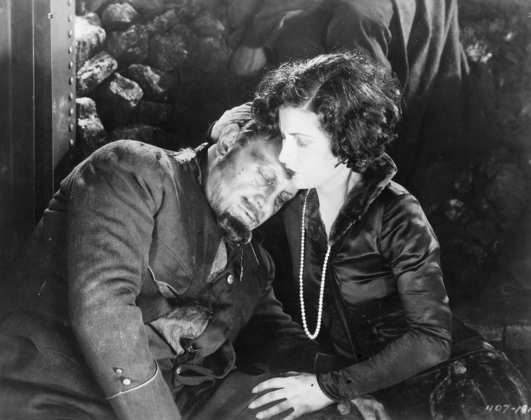
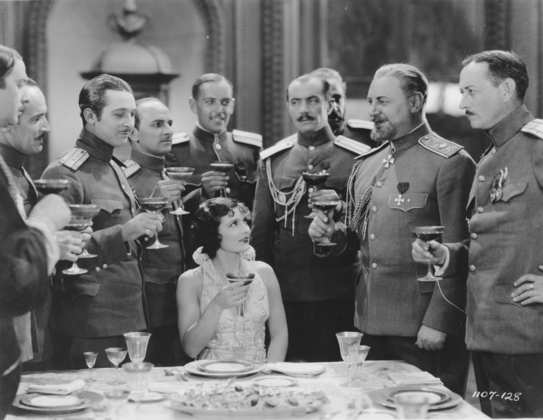
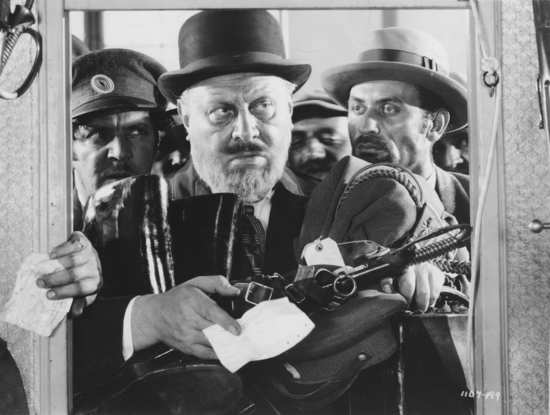
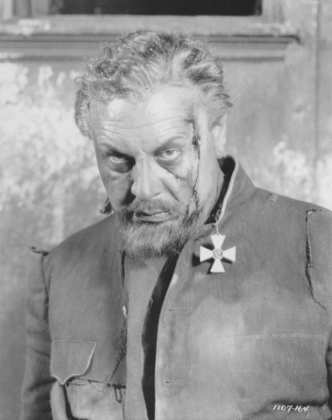
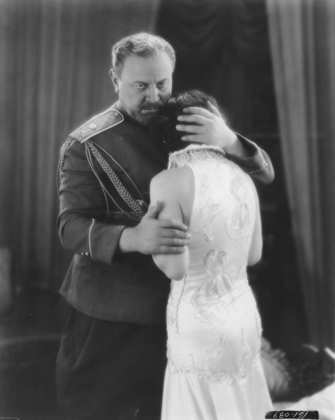
Your Opinions and Comments
Be the first to post a comment!